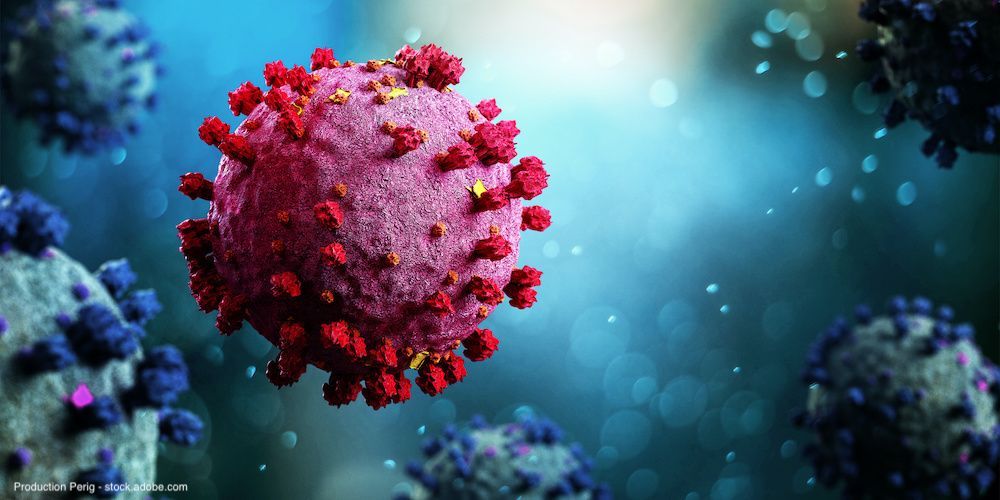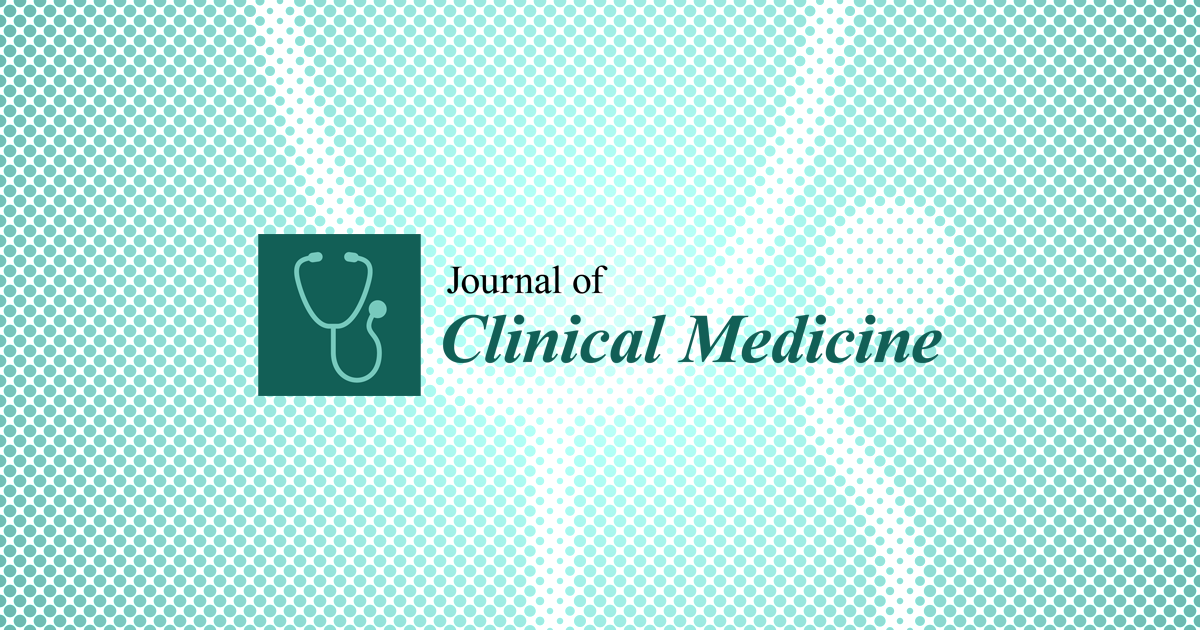madman
Super Moderator

COVID-19 and men’s health: What we know so far
According to recently published studies, having COVID-19 could have lasting impacts on fertility and sexual function.
Studies are beginning to suggest that COVID-19’s impact on men’s health might go beyond the lungs, heart, and kidneys. According to recently published studies, having COVID-19 could have lasting impacts on fertility and sexual function.
Ranjith Ramasamy, MD, associate professor and director of the University of Miami Miller School of Medicine’s Reproductive Urology Program, is uncovering what he says are clear links between COVID-19 infection and men’s sexual health.
“We know the COVID-19 virus can remain inside the testis long after the initial infection in asymptomatic men. We know the COVID-19 virus can decrease sperm count for up to 3 to 6 months. And we know the COVID-19 virus can affect the blood vessels and be present in the penis up to 7 to 9 months after the initial infection and can lead to erectile dysfunction,” Ramasamy said.
Getting the mRNA COVID-19 vaccine does not appear to impact fertility and should be encouraged, according to Ramasamy, who has published several articles on COVID-19 and men’s sexual health, including the research letter, “Sperm parameters before and after COVID-19 mRNA vaccination” published June 17 in JAMA.1
*COVID-19 and male infertility
*The evolving science of covid-19 and ed
*Putting the information to practice
*Ongoing research


















